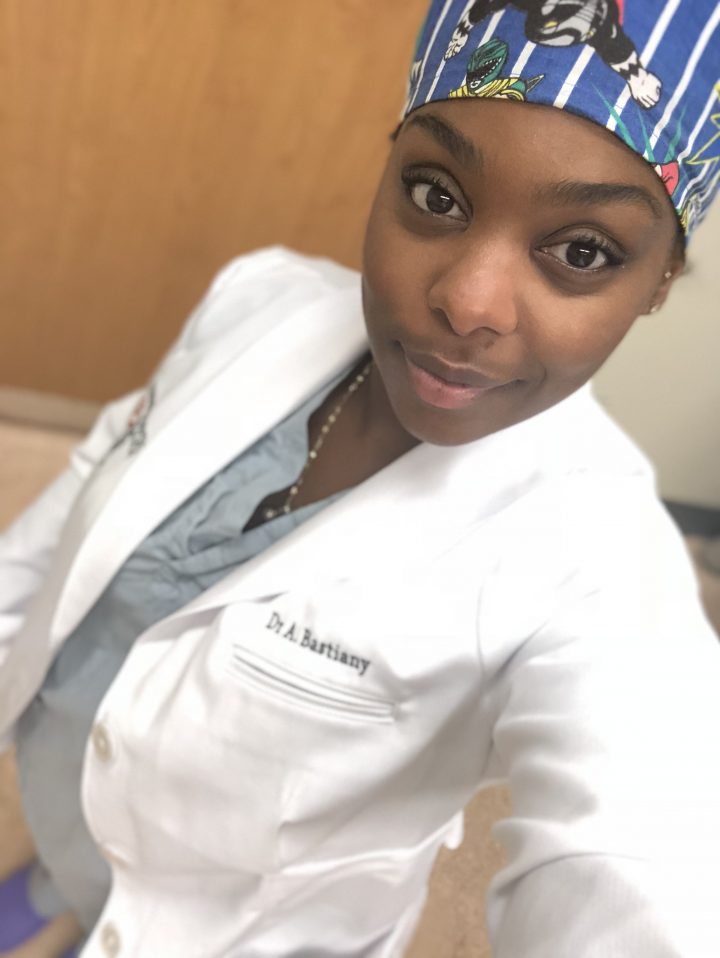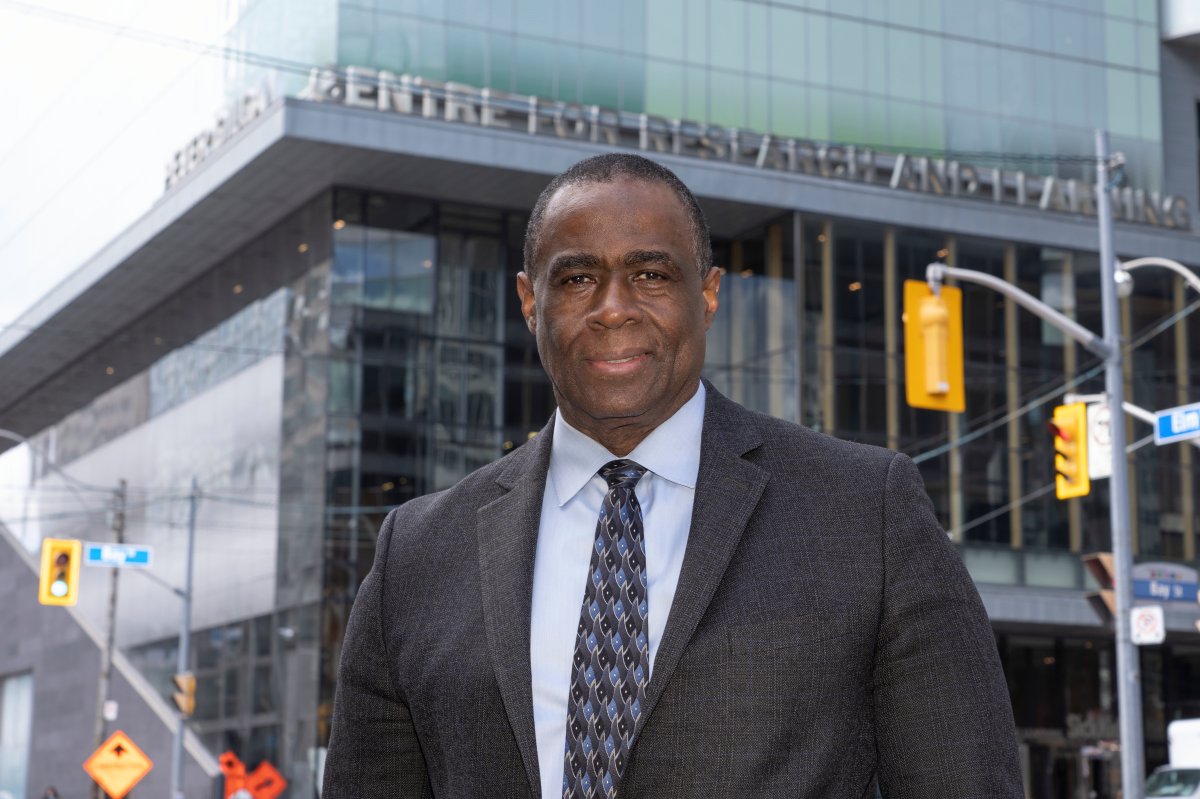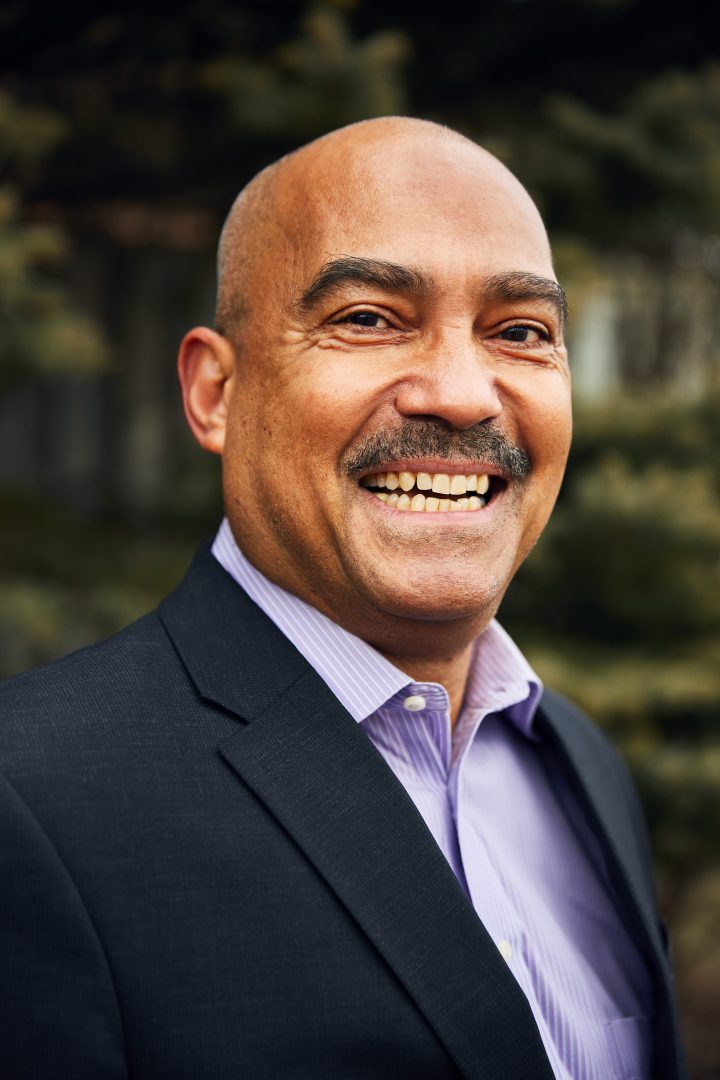Like in the United States and the United Kingdom, the coronavirus pandemic has disproportionately affected Black and racialized communities in Canada.

A Global News analysis in October last year found a strong association between Toronto’s neighbourhoods with a high number of coronavirus cases and those with a higher population of Black people.
A Statistics Canada report published in October 2020 also found noticeable differences in the age-standardized mortality rates depending on the proportion of the neighbourhood population who were Black in Montreal.
Health-care workers and experts say the disparity stems from a number of factors – such as low income, living arrangement, densely populated neighbourhoods, access to health care and the nature of work – that make Black Canadians more vulnerable to COVID-19.
The pandemic has also highlighted “systemic racism” in the country’s health-care system, Akwatu Khenti, an expert in health and policy equity and associate professor at the University of Toronto, told Global News.
As Black History Month draws to a close later this week, we talk to some Black leaders in the medical community about their role during the COVID-19 pandemic and what needs to be done to tackle racial inequality.
Dr. Alexandra Bastiany
Dr. Alexandra Bastiany, 33, is Canada’s first Black female interventional cardiologist — a specialist in diagnosing and treating cardiovascular diseases and heart conditions with non-surgical procedures.
Born and raised in Montreal, Bastiany then moved to Edmonton for two years for her specialization. Since July 2020, she has been working at the Thunder Bay Regional Hospital in Ontario.
As a woman of colour in a male-dominated area of medical expertise, Bastiany said she experienced “microaggression” almost every day during her medical training — from patients touching her hair or skin to asking to see a “real doctor.”
“I believe that there’s definitely some discrimination in the medical field when we talk about attitude between peers, between doctors, nurses, hospital staff to patient, patients to hospital staff as well,” she told Global News.
“So we see that a lot. I’ve experienced it. It is present.”
Bastiany said having more people of colour in leadership roles as physicians, nurses or in administration could help change people’s mentality towards Black people.
Having role models and mentors to look up to can also help Black medical students who are setting out to further their professional careers, she said — and Bastiany hopes her example can inspire others.
“Mentorship is very important… so seeing someone that looks like me can actually give them hope in thinking that they can achieve that kind of position.”
Dr. Upton Allen
Dr. Upton Allen is the chief of infectious diseases at The Hospital for Sick Children (SickKids) and a professor of pediatrics at the University of Toronto.
Since the start of the pandemic, Allen has been working on the front lines taking care of COVID-19 patients. Allen is a member of Toronto’s Black Scientists’ Task Force on Vaccine Equity.
He is also leading research including large-scale antibody testing and sociodemographic data collection of Black Ontarians to better understand the risk factors and the prevalence of COVID-19 infection in Black Canadian communities.
“There are many structural barriers that are disproportionately present within the racialized communities that likely contribute to the disproportionate rates of COVID that we’re seeing in these communities,” he told Global News.

Allen said in order to bring about any meaningful change, the health-care system needs to recognize that there is a problem.
“The first (step) is a recognition of the existence of racism and thereby allowing people to identify how they might address this in different ways.”
He said that while the federal and provincial governments are making efforts, “it’s a long road to travel” before racism can be eliminated.
A greater Black representation is key to getting there, Allen said.
“The medical community ideally should look like the community that it serves.
“So, having the community be represented in the folks who are administering health care or taking care of patients, that’s really important.”
Akwatu Khenti
Speaking from his personal experience, Khenti, an expert in anti-Black racism, says he has seen the kind of substandard medical treatment and low quality of care people of colour get in Canada.
He recalled an incident about two years ago when his 77-year-old father — originally from Trinidad and Tobago — who has dementia was sent back home in an ambulance in the middle of a heavy snowstorm without discharge approval from the family or a plan in place.
“I don’t think that would have happened to him if he was white, affluent and of sound mind,” Khenti said.
“Racism is a reality.”
In an effort to reduce the number of COVID-19 cases and effectively address vaccine hesitancy among Black communities, the City of Toronto unveiled the Black Community COVID-19 Response Plan on Feb. 3.
As part of that initiative, Khenti is serving as a special advisor and the chair of the Black Scientists’ Task Force on Vaccine Equity.
Through a series of town hall meetings, the task force is aiming to combat misinformation and raise awareness about the consequences of COVID-19 and how vaccines work.
A final report of its findings and recommendations will be presented in April.

To tackle the disparity in how COVID-19 has affected racialized communities, Khenti believes a lot more can be done — at both the federal and provincial levels.
“There should be a public health education campaign aimed at the Black communities across this country to address the issues.
“They are experiencing systemic discrimination every day.”
- ‘Shock and disbelief’ after Manitoba school trustee’s Indigenous comments
- Canadian man dies during Texas Ironman event. His widow wants answers as to why
- Several baby products have been recalled by Health Canada. Here’s the list
- ‘Sciatica was gone’: hospital performs robot-assisted spinal surgery in Canadian first








Comments